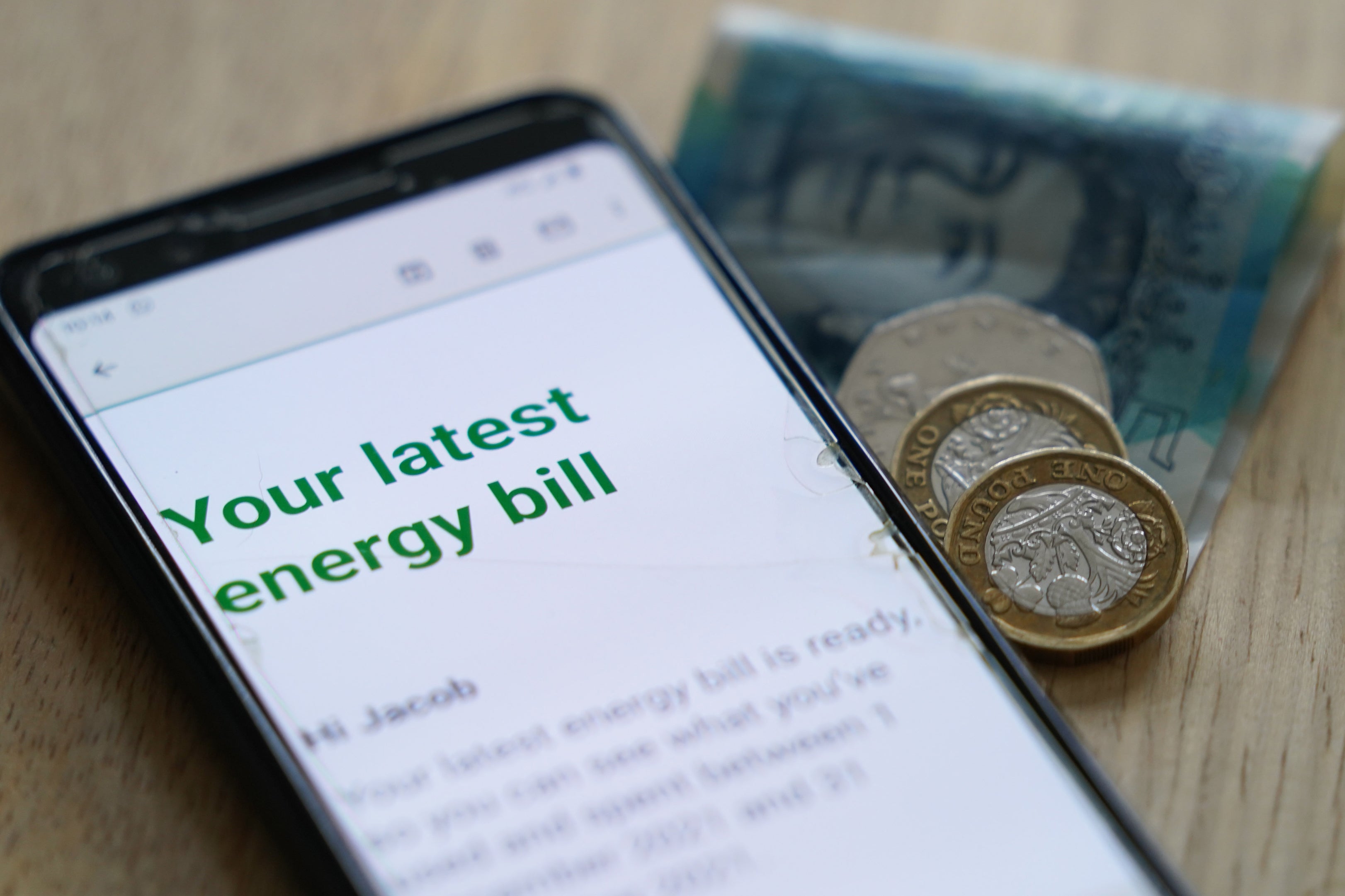Money expert Martin Lewis has given his advice on how to avoid a spike in energy bills as another rise has been confirmed.
Households have learnt that their energy bills will rise by two per cent in October after Ofgem’s announcement today.
The energy regulator confirmed the rise on Wednesday morning. It means the average annual bill will rise from £1,720 to £1,755.
The energy price cap is the maximum amount energy suppliers can charge you for each unit of energy if you’re on a standard variable tariff. That includes most households. It is expressed as an annual bill for an average home.
Mr Lewis says now is a good time to take stock of their finances by checking if they could get a cheaper deal. Writing on social media, the money expert said: “Now we know the Cap is now pretty certain to stay at about its current level, or a little higher, until the end of 2025, it's easy to compare to the cheapest fixed deals which are”

There are several fixed deals on the market which are as much as 15 per cent cheaper than the predicted new rate, working out at around £250 cheaper a year.
Even Ofgem itself has now advised households to consider looking for a better deal. Tim Jarvis, director general of markets at Ofgem, said: “While today's change is below inflation, we know customers might not be feeling it in their pockets.
“There are things you can do though – consider a fixed tariff as this could save more than £200 against the new cap. Paying by direct debit or smart pay as you go could also save you money.”
Most fixed deals are set for at least a year, meaning that the rate is guaranteed for 12 months. Some providers will charge an early exit fee to end these deals, while others don’t.
Mr Lewis said: “For getting a cheap fix right now not to be worth it we’d need to see pretty immediate and monumental falls in wholesale rates – which no one is predicting.
“In fact our analysis shows that at every point over the last 18mths you’d have been better off getting the getting the cheapest fix than being on the Cap.”

There are several fixed rate deals still on the market, offering as much as 15 per cent below the price cap. This is currently available from firms like Outfox Energy (14.8 per cent less), Fuse Energy (12.7 per cent) and Ecotricity (10.5 per cent).
However, all of these also charge early exit fees. For Outfox Energy and Ecotricity, this is £75 per fuel, meaning £150 for anyone provided with both gas and electricity. For Fuse, it’s £50 per fuel.
Another popular deal comes from Octopus Energy, at around 3.4 per cent below the price cap. Although this is less than some other offers on the market, there are no exit fees. This means that if the price cap should drop below the rate offered, customers can change their deal with no consequence.
A Labour spokesperson blamed the previous government’s reliance on sourcing overseas fossil fuels for energy for the still-high energy price cap, while pointing to six million people benefitting from the Warm Home Discount.
“Energy bills soared under the Conservatives because they tied our country to the fossil fuel rollercoaster and working people are still paying the price. From banning onshore wind to failing to deliver new nuclear, their reckless decisions left Britain exposed to wholesale gas prices,” the statement read.
“That’s why Nigel Farage’s unpatriotic war on clean energy would be a total disaster for families, businesses and our economy. His destructive plans would push bills higher, kill nearly a million jobs and scrap billions of pounds of vital investment across the country that will strengthen our energy security.”
Full list: All the Poundland stores to close after restructure approved
Energy bills to rise ahead of winter despite prediction of relief for households
September 2025 payments dates for benefits and pensions plus cost of living support
First look at Wildlife Photographer of the Year 2025 pictures
Why longer thumbs in primates were pivotal to human evolution
Plastic bag use rising in Britain for first time in a decade due to online shopping







